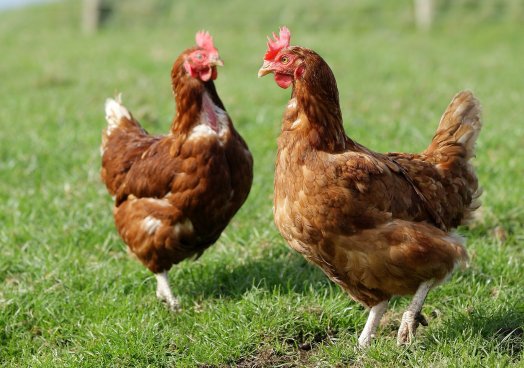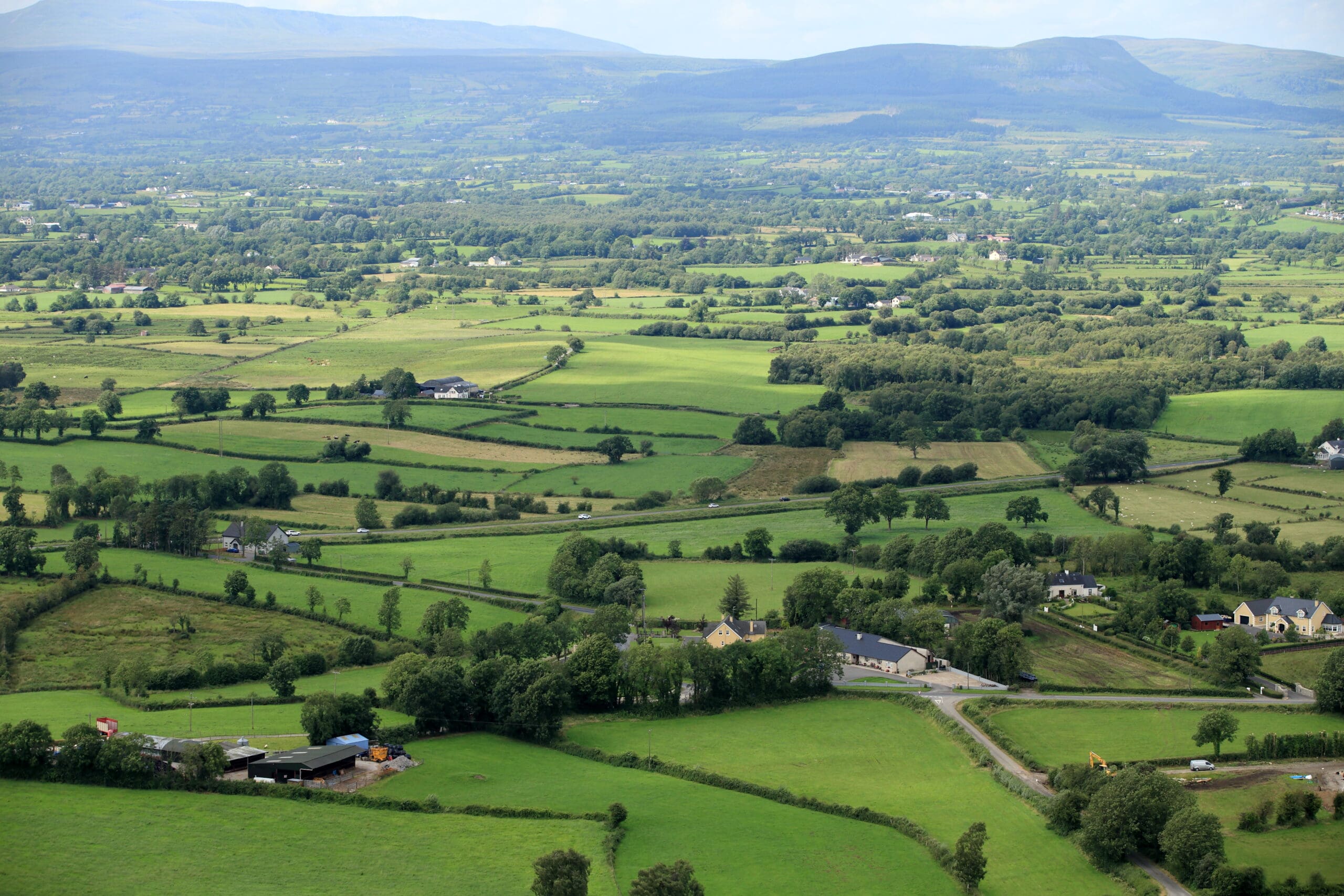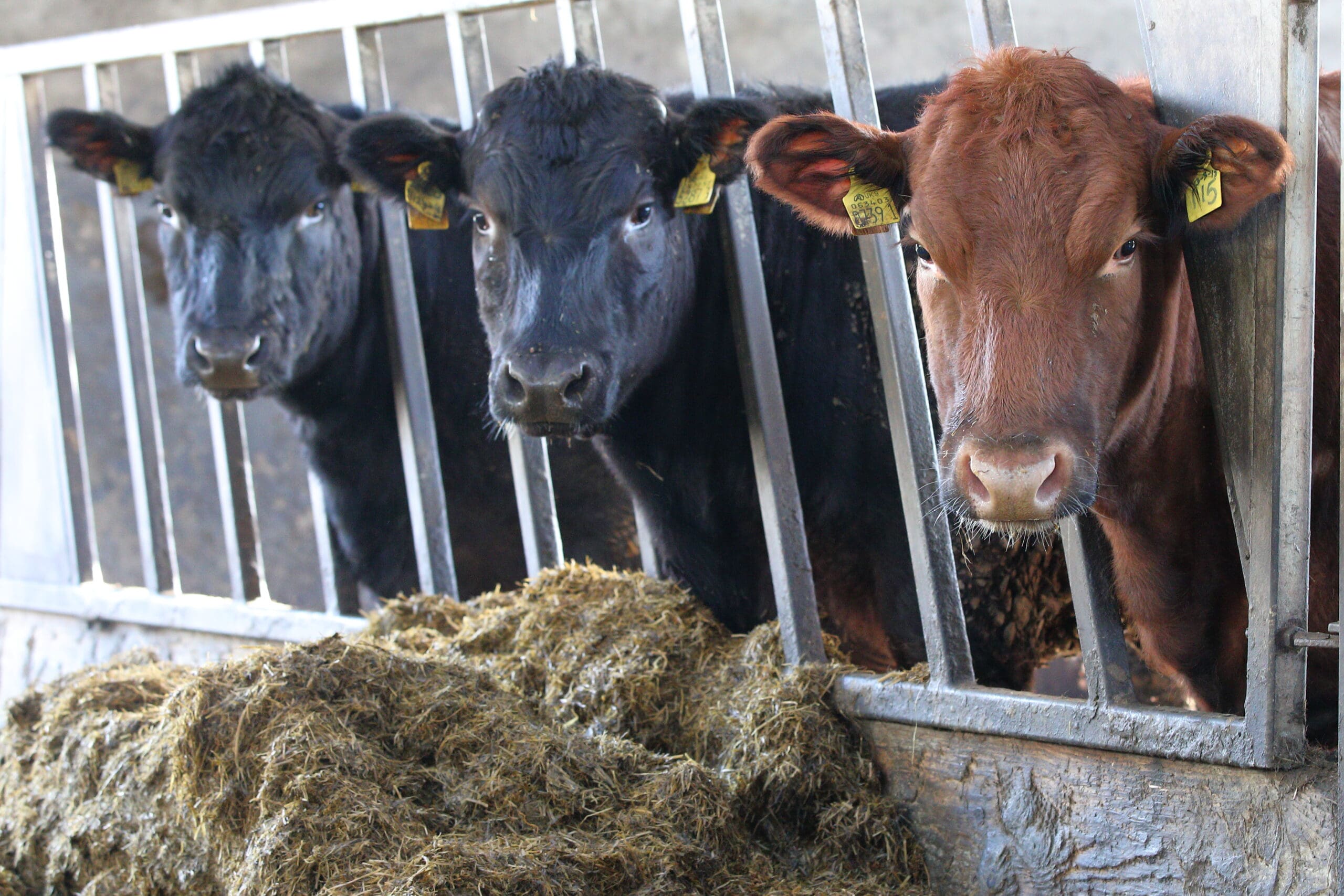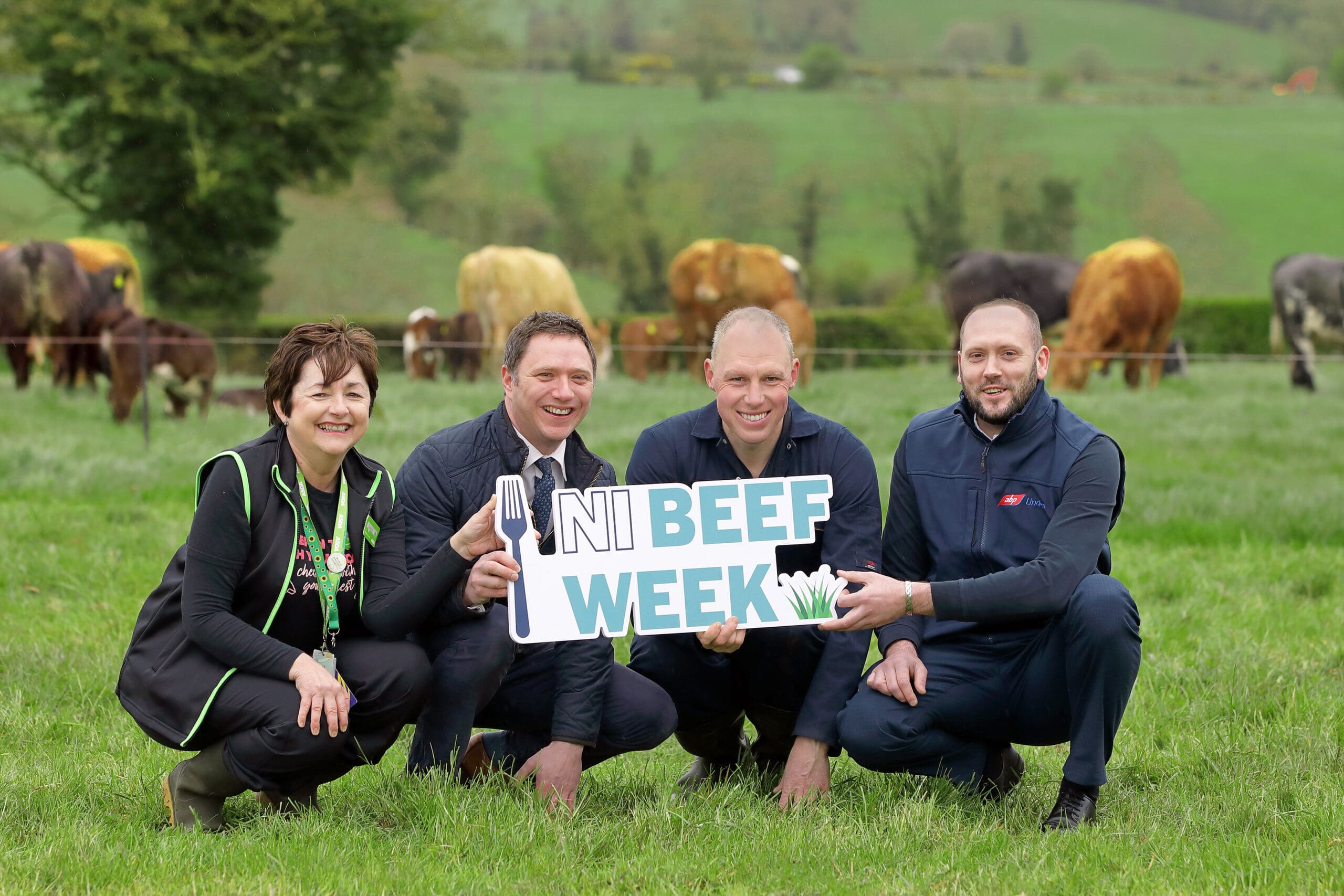
A new scheme offering free campylobacter testing kits is being offered to independent broiler farmers in Northern Ireland.
The UK-wide initiative – co-funded by the Food Standards Agency and the National Farmers’ Union -aims to reduce the incidence of campylobacter in poultry flocks.
Kirsten Dunbar, Head of Operational Policy & Delivery at the FSA in NI said: “Supporting this initiative is part of our commitment to the industry through our Acting on Campylobacter Together or ‘ACT’ pledge.
“This scheme is aimed at smaller poultry firms and their independent suppliers. We want to help farmers control campylobacter – and ultimately reduce the risk to the public of contracting food poisoning from contaminated raw poultry.
“Farmers can register online for this new scheme at www.act-nfu.org Test kits will be issued to farmers with full instructions on how to use them.
“The AFBI laboratory in Belfast is carrying out this testing work on behalf of the FSA and NFU. If farmers complete and return a short questionnaire with the sample to the labs, they will be texted their results within 36 hours of receipt.
“Campylobacter is the most common cause of food poisoning across the UK. The FSA continues to run high-profile consumer campaigns urging people not to wash raw poultry which risks spreading campylobacter – but instead to cook the meat thoroughly which will kill any germs.
Roy Campbell, Poultry Committee Chairman, UFU said: “The funding for this testing scheme ends next March and we would encourage all independent broiler farmers here to take part – as it is an important way of understanding the campylobacter status of their farm and identifying ways of reducing the number of contaminated flocks being produced. It can be difficult for farmers to identify just when their flock becomes infected – because birds don’t show any signs of illness despite having the disease.”
On www.act-nfu.org, farmers will be also be able view their individual results – including those for the previous crops tested – and benchmark them against others across the UK.
The data collected will be used to establish if there is a pattern or link between negative test results and what is happening on farms; which could include a link with litter quality, the use of antibiotics or a known stress event during the growing of the birds.
At the end of the project, the full results will be made available to the industry on an anonymous basis.




